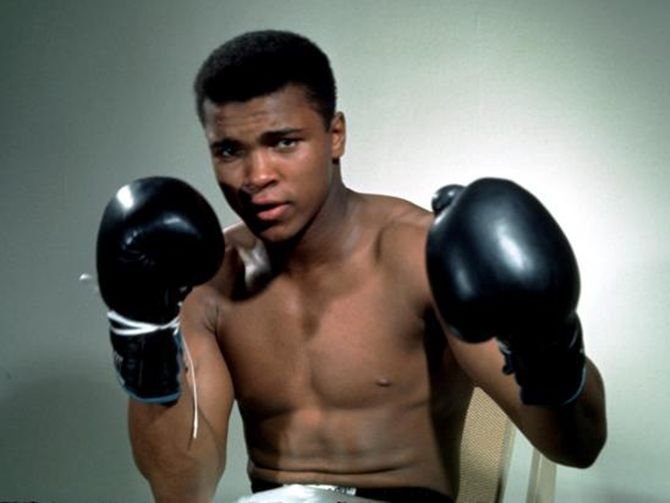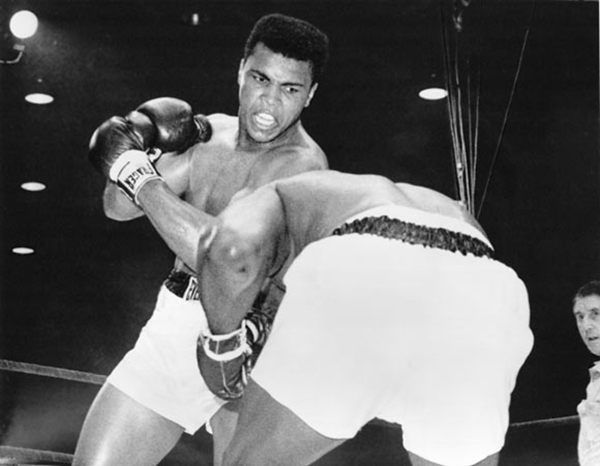
Former world heavyweight champion Muhammad Ali, died on Friday aged 74, had a record-setting boxing career.
His unprecedented flair for showmanship and controversial stands made him one of the best-known figures of the 20th century.
Ali was hospitalized this week for a respiratory ailment. The former prize fighter had long been suffering from Parkinson's syndrome, which impaired his speech and made the once-graceful athlete almost a prisoner in his own body.
He proclaimed himself "the greatest" - as well as "the boldest, the prettiest, the most superior, most scientific, most skillfullest."
Few could argue with him at his peak in the 1960s. With his dancing feet and quick fists, he could - as he put it - float like a butterfly and sting like a bee. He was the first person to win the heavyweight championship three times.

Ali became much more than a colorful and interesting athlete. He spoke boldly against racism in the '60s, as well as the Vietnam War.
In December, he issued a statement rebuking US presidential hopeful Donald Trump's call for a ban on Muslims entering the United States.
"Muhammad Ali transformed this country and impacted the world with his spirit," said longtime boxing promoter Bob Arum. "His legacy will be part of our history for all time."
Ali was born in Louisville, Kentucky, on Jan. 17, 1942, as Cassius Marcellus Clay Jr., a name shared with a 19th century slavery abolitionist. He later changed his name after his conversion to Islam.
He is survived by his wife, the former Lonnie Williams, who knew him when she was a child in Louisville, along with his nine children.










 © 2025
© 2025